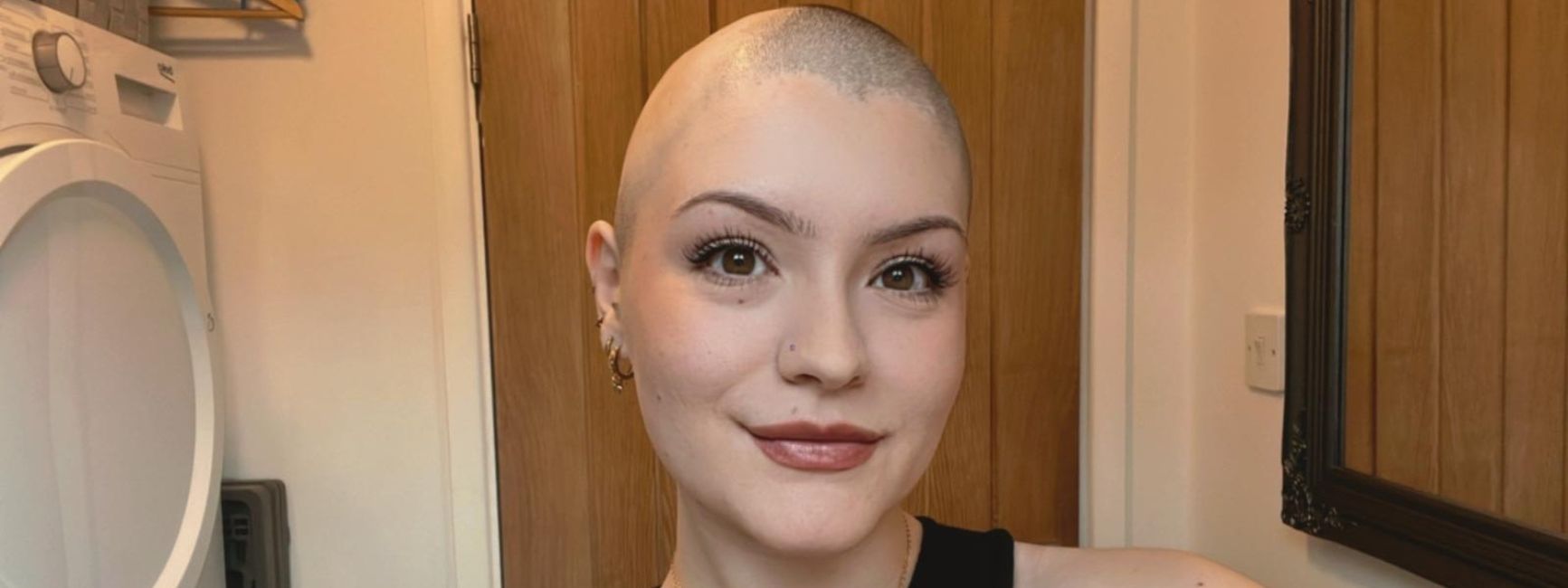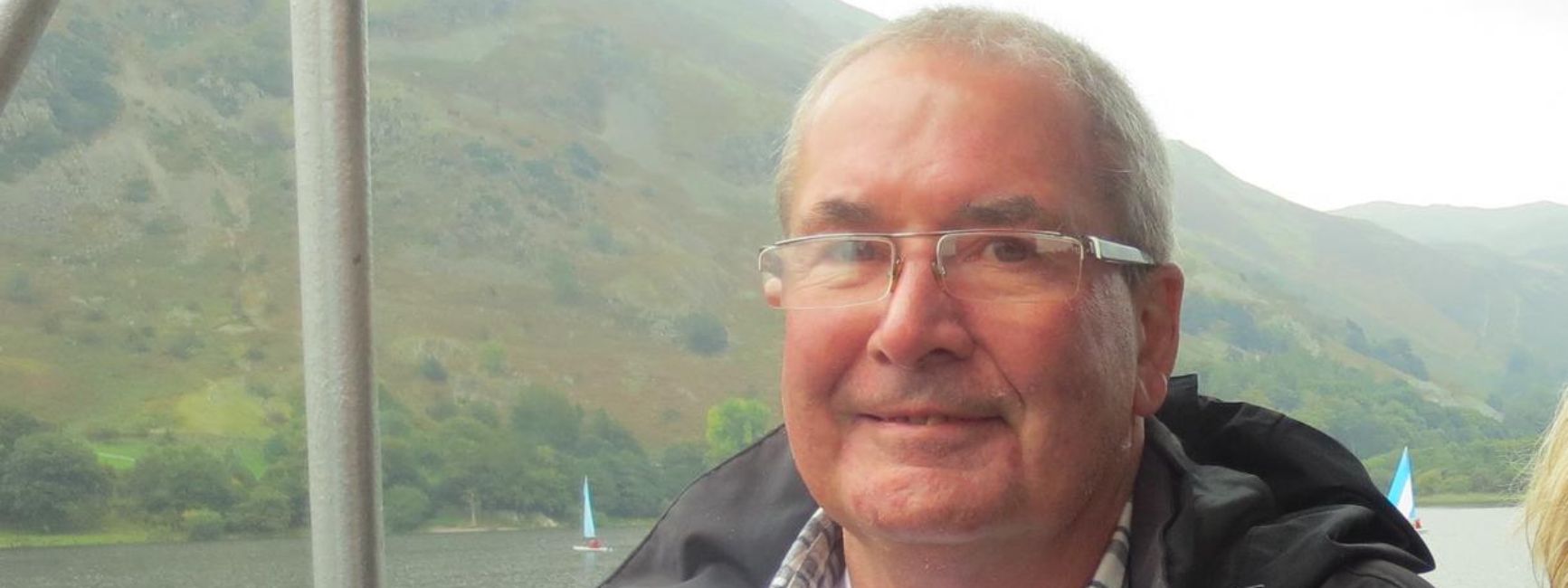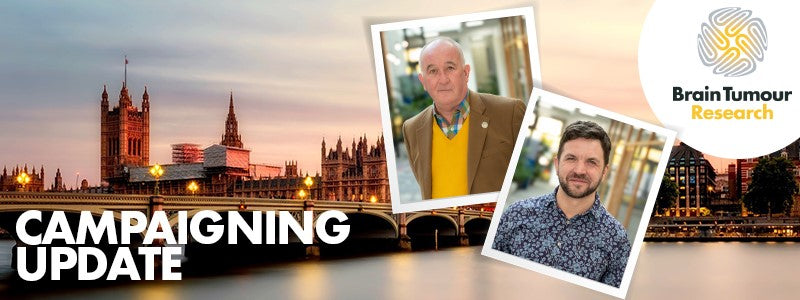IN HOPE
View All
In Hope



Latest
News
View All
Latest News



In our
Hearts
View All
In Our Hearts



Research
View All
Research & Campaigning News




